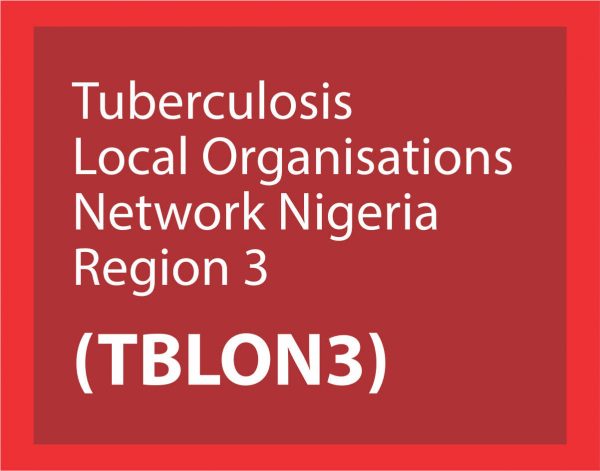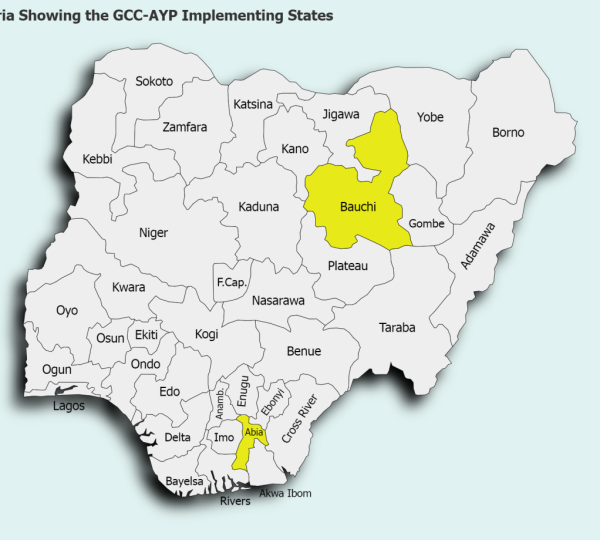Tuberculosis Local Organisations Network Nigeria 1&2 (TB LON – 1&2)
United States Agency for International Development (USAID), a program of the United States Government. Under both of its grant awards for Tuberculosis, KNCV Tuberculosis Foundation-Nigeria and Institute of Human Virology Nigeria (both Principal Recipients) will work to rapidly improve TB case detection and treatment in communities using a differentiated model approach while strengthening resilience and sustainable systems for TB control between 2020 and 2025. Two Regions are approved for KNCV to coordinate (Regions 1 & 2 of which Kano State is one of them. Kano State is the most populous state in Nigeria and has TB incidence of 30,340 cases (incidence rate: 219/100,000) and TB case notification target of 6000 cases as at 2018.
Society for Family Health Nigeria (SFH) as Strategic Service Provider (SSP) amongst other partners with a focus on community implementation particularly across Private Clinical Facilities (CFs), PPMVs, Community pharmacies (CPs) and Stand-Alone Laboratories. In this partnership KNCV-Nigeria is supporting SFH Carry out diagnostic aspect for presumptive TB patients, through Awareness Creation using “Wawo” truck.
Strategies implemented are country-specific and designed based on country dialogue and the TB National Strategic Plan (NSP) of the National TB and Leprosy Control Program (NTBLCP), the Nigerian government agency responsible for TB Control and activities coordination. In general, these interventions include active case-finding through contact investigation (CI), mobilising and referring persons with presumed TB by screening of all walk-in clients in CF, PPMVs, CPs and Laboratories, and group sensitization approaches.
SFH TB LON 1& 2 project being implemented in Kano works with approximately 1072 Private health facilities as listed above and into 10 major networks which are further split into 35 clusters these clusters allow for:
- Increase availability of TB services in the private sector
- Improved flow of persons with presumed TB into detection and treatment systems
- Improve the quality of private sector TB services
- Strengthen health systems to foster and sustain Public Private Mix (PPM).




